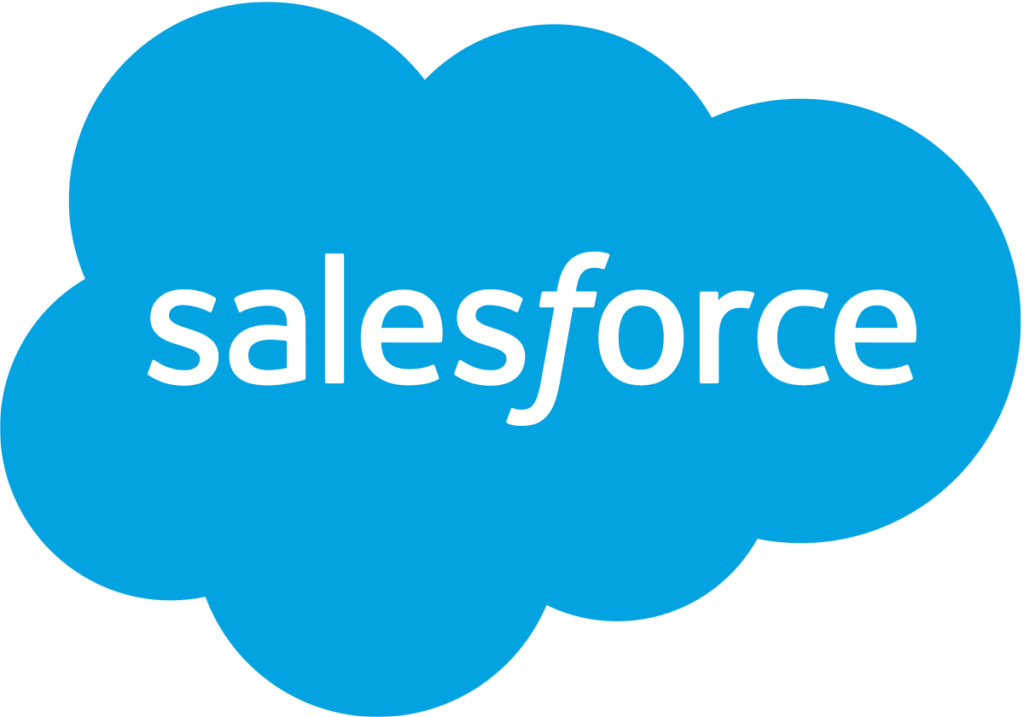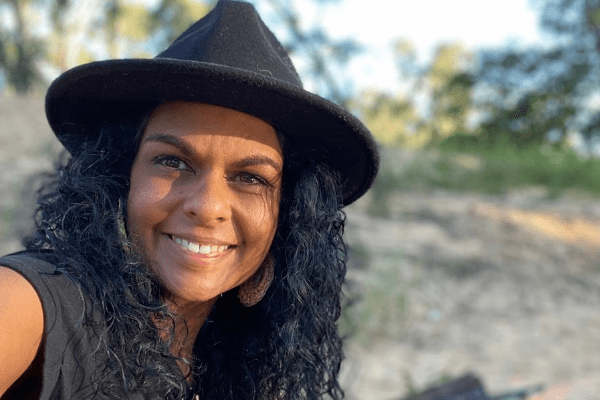“Western education has not always been ready for Black women to speak their truth.”
These are the words of criminal defence lawyer and activist Teela Reid, a proud Wiradjuri and Wailwan woman who is using her legal skills to fight back against the systematic oppression of First Nations people in Australia.
Speaking to Kate Mills on the latest episode of The Leadership Lessons, Reid explains that she became a lawyer, after first working as a teacher, because she felt a pressing sense of obligation to her people.
“I thought if this is the system that has an impact on stolen generations, on stolen wages, on oppressing my people, then I have an obligation to learn this system in order to empower my people and use it as a tool to fight back,” she says on the podcast.
In 2010, Reid was selected as Australia’s Indigenous Female Youth Delegate to the United Nations Permanent Forum on Indigenous Issues, where she was elected by the delegates to become the secretariat of the World Indigenous Youth Caucus.
For Reid, it was a life-changing experience that lit a fire in her belly.
“When you step into a room of First Nations peoples from around the globe, on different continents, you start to understand how invasion and colonisation has impacted so many different First Nations,” she said.
“It’s like a spectrum. At one end of the spectrum, there are First Nations peoples that have been colonised for many more years than what we have in Australia, so invasion has gone a lot deeper and some countries, for example, already have treaties.
“Whereas what really shook me to my core was that I got a sense of understanding of how big our struggle as First Nations people was here [in Australia], because we are a continent colonised without treaty, without a voice and without truth.”
Reid is now one of Australia’s leading voices in the fight for constitutional recognition of First Nations people, which she says is at a frustratingly early stage, in that Australia still does not recognise First Nations people in its foundational document.
Reid was a part of the initial meetings surrounding the development of the Uluru Statement of the Heart, and later became a working group leader on Section 51 (xxvi). She’s passionate about having conversation about treaties and truth telling.
“My role initially was very minor. I was probably one of the youngest or younger participants in a room full of elders and activists and I didn’t really say much. It was my role to sit and listen,” she said.
Reid believes the Uluru Statement from the Heart has been a game-changer, particularly in terms of the changing discussion at the community level with respect to the unceded sovereignty of the First Nations.
“There was an assumption in the western mindset that there was no such thing as First Nations sovereignty. That it is only the crown sovereignty, that it is only white sovereignty,” Reid says.
“[The Uluru Statement from the Heart] changed the game in the sense that it drew a line in the sand and said look, if we’re going to go down this path of addressing the unfinished business of recognising First Nations peoples, then we, as First Nations, are not accepting breadcrumbs.
“Our people are dying at the hands of the state, we are incarcerated at record rates…we don’t have the luxury of accepting breadcrumbs and symbolism. The fight is going to be for a First Nations voice and it’s about time that we also start to have conversations about treaties and truth telling.
“I think Australians know the truth. They know that this land was colonised without treaty. That’s a fact of our society. What I think is the more difficult question is how we grapple with that truth.”
When asked what she thinks about her own leadership, Reid says the idea of it sits a little bit uncomfortably with her. As she explains, in the Aboriginal community, leaders are elders, so she wouldn’t consider herself one.
Instead, she’s just trying to channel her anger, frustration, and glimmers of hope into advocacy and conversations that will make a difference for First Nations people.
She wants to see systemic racism dismantled within our institutions. It’s the very reason she has been a lead researcher in the Walama Court Proposal in NSW, a model that would see Aboriginal and Torres Strait Islander elders involved in the sentencing discussions in court.
“In the current status quo, we are not capturing the full weight of this intergenerational trauma and the impact of these systems on our people,” she said.
“I’m not settling for the status quo; I’m trying to create a world that is fairer and a world that is prepared to dismantle racism within its institutions.”
The Leadership Lessons podcast series, hosted by Kate Mills, is a set of interviews with brilliant female leaders across industries, sharing their perspective on the critical decade ahead.
The Leadership Lessons is supported by Salesforce.



